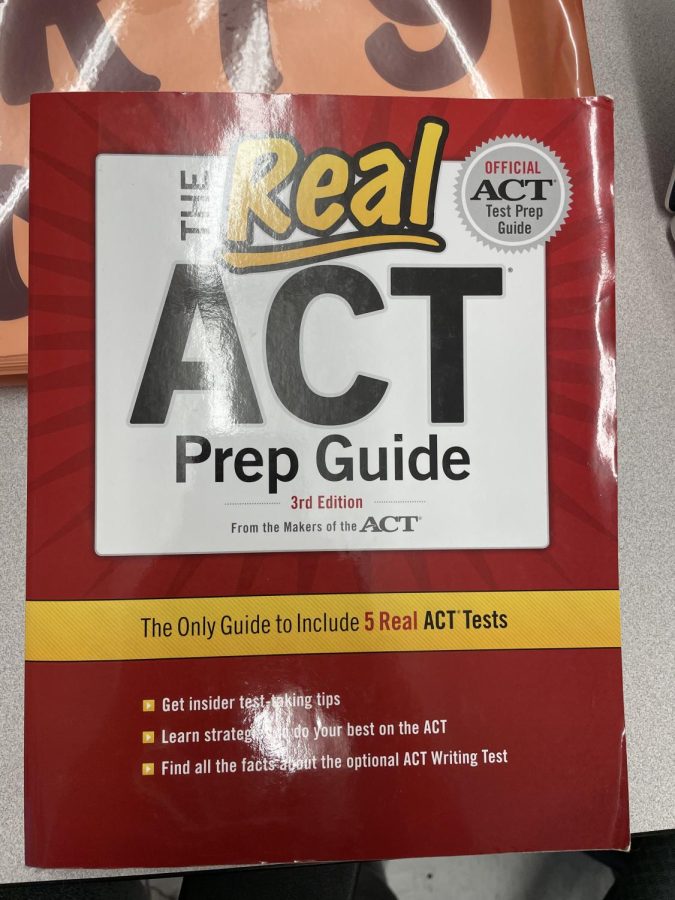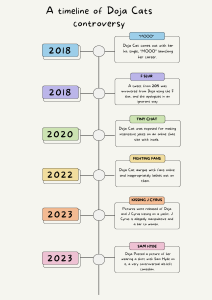Jonathan Alder students take the ACT
ACT test prep books like these are good resources for studying, according to Davis.
March 8, 2023
On February 28, all current juniors at Jonathan Alder High School took the American College Test, better known as the ACT. There is a lot of emphasis on getting a good score on this test for high school students, even as more and more colleges turn to a test optional admissions process.
The ACT is a four-part test that lasts two hours and fifty-five minutes, with an optional forty minute writing section. There is an English section, reading section, math section, and science section, which all consist of multiple choice questions only. The writing section is one essay that must be completed within the time frame, but Jonathan Alder does not offer it in the school.
When students at JA took the test, many felt affected by the short times they were given to answer the questions.
“I wasn’t nervous when I started it, but once I started taking it I got nervous because it went faster than I thought it would,” junior Ryan Bailey says.
Junior Abby Bush adds to this sentiment, saying, “The time really affected me, I wasn’t expecting it to go by so fast.”
If students are not happy with their results, they have the option to take the test several more times. Taking the test a second time and preparing for it can raise your score by up to seven points, guidance counselor Ann Davis says.
“Don’t go in the second time, ‘Oh, I’m just going to take it again,’” she says. “If you go in and do that, the standard composite score goes up–if you’re lucky–one, maybe two points. If you do test prep and practice, it can go up anywhere from two to seven points. Test prep makes a big difference.”
Davis also lists several options for students looking for ways to bring their scores up.
“If you are looking to raise the composite score because you want it for that school that needs it, or you want it for scholarships, the first thing I would do is either free test-prep, ACT Self-Paced, which costs about $100, or Kaplan Online, which costs about $500,” she says.
However, many colleges and universities no longer require–or even accept–test scores like the ACT. This affects many students’ decision making process for colleges, as well as their decision to take the ACT more than once.
“The colleges I’m looking at, some of them want scores and some of them don’t,” Bush says. “I feel like it just depends on where I want to go if it will affect me long term.”
ACT scores are not completely out of fashion, though. According to Davis, the test is still important for students looking to get scholarships.
“Some colleges are still using [ACT scores] for scholarships,” Davis says. “Not everyone, but some. It is still important, though it’s not as important as it once was. It depends upon the school and on what they choose to use for admissions [and financial aid].”









